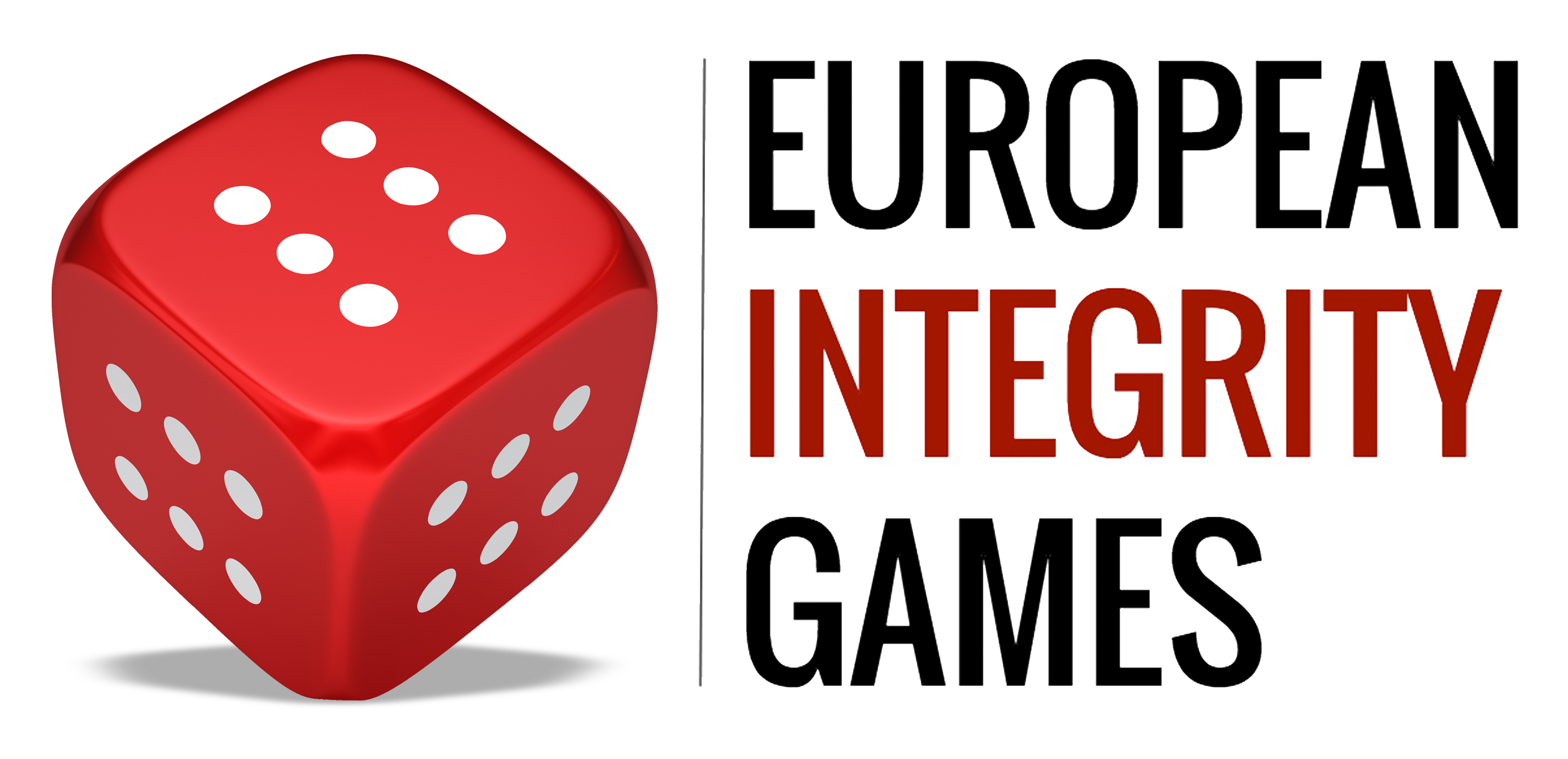Foodchain Games
The Foodchain games address issues of integrity and corruption in the food production, distribution and consumption systems. Based on the principle of escape games, players are immersed in an investigation into a case of fraud in the production and distribution of meat. They will have to search different rooms, collect clues and solve puzzles to reveal the truth and catch the criminals. These games aim to raise awareness of the functioning of food circuits and the related integrity issues.
This experience proposes a pathway composed of 3 productions to be experimented in a row or independently:
Additional resources are also available to deepen the topics covered.
The games were created in collaboration by ExQuorum (Portugal) and Ortzai Teatro (Spain).

Focus on food circuits
Food circuits refer to the complex pathways that food products follow before they are consumed (production, processing, distribution, transport, marketing, etc.).
In these circuits, many elements are correlated and lead, in an interdependent way, to a sequence of cause and effect. The multitude of intermediaries, the distances travelled and overproduction produce harmful impacts at different levels of our societies. Environmental impacts (pollution, massive exploitation of natural resources, animal exploitation, etc.), social impacts (exploitation of labour, working conditions, etc.), health impacts (low quality of products due to industrialisation, processed foods that lead to diseases) and economic impacts (waste, consumer society, etc.).
It is therefore a complex and wide subject that concerns all citizens, and for which it is urgent to question ourselves. To address these complex issues, one path has been chosen: integrity issues in the transport and trade of meat, crossed with environmental and health impacts.
The Foodchain games aim to raise awareness among citizens, in a playful and educational way, about some aspects of these complex issues. By proposing an immersive experience in which participants become actors in these issues, the partners hope to touch citizens on an emotional level and thus stimulate their desire to learn more.


Immersive and educational scenario
Two private detectives are trying to investigate, not always by the book, a meat company that controls the entire sales and distribution system, from transport to processing and catering to the final consumer.
In the escape game, you will play the role of a private detective who suspects fraud and corruption within the police force, which is allegedly financing the Onesto family. This family, which is part of the mafia, works in the production, transport and sale of meat. You will first investigate the family’s boat, which is likely to be carrying some fraudulent goods. After gathering evidences, you will explore the police director’s office to gather information about the family and their funding by the police.
Then, through the 3D game, you will play as the previous detective’s colleague, Maria Tui. With a mission to investigate a food poisoning in a restaurant, you will soon discover that it is a conspiracy within a company that sells dubious meat products. Through 3D settings, you will have to collect clues and solve puzzles to reveal the truth about this case!


A 3-step process
This animated video introduces the two games that will follow (the escape game and the 3D game). It immerses you in the story and prepares you for the investigation that you will have to carry out during this adventure.
This game can be played for free by any group of citizens, thanks to a downloadable kit. This kit includes all the elements needed to set up the game. It guides you step by step in the installation and animation of the game.
This game is the continuation of the physical escape game. Developed on Unity3D, it offers an immersive single-player experience through 3D settings and cinematics. Anyone can download the game for free on their computer.
Additional resources
To complete this educational experience, additional resources are available to deepen the topics explored. They include explanatory videos, interviews with experts, scientific articles on food circuits and escape games.
